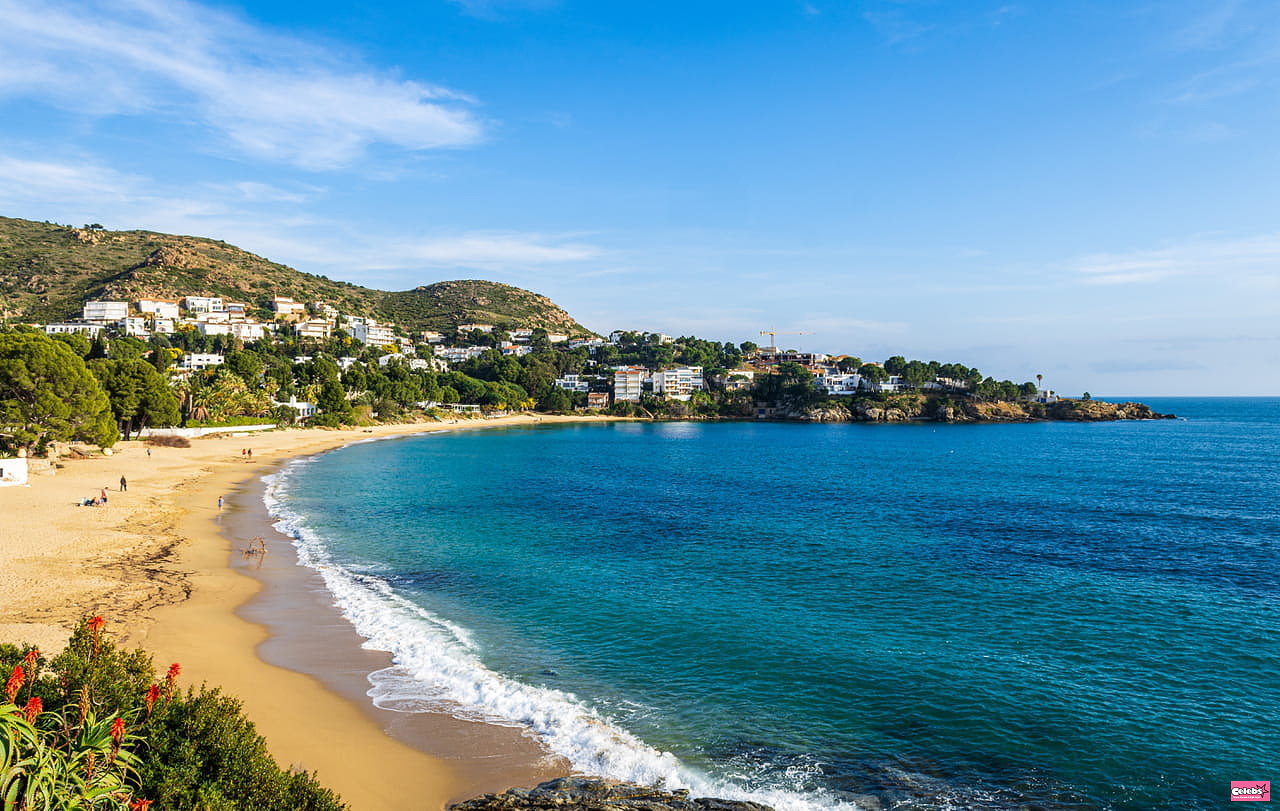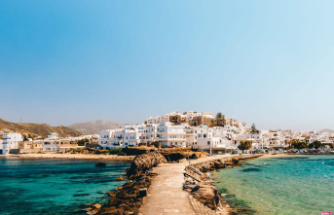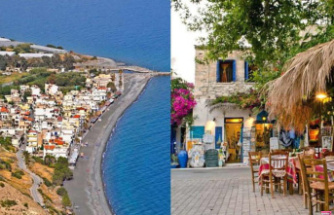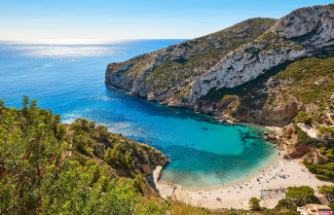Water reserves are at their lowest after winter and the city sees its population increase fivefold in summer.
If the sun, the price, the entertainment, the beaches or even the quality of the accommodation are all factors to take into account, another question could well arise this year when booking your summer vacation. Is one of Europe's most popular tourist regions going to run out of tap water? A dam that has until now maintained a stable water supply, even during periods of drought, has reached a critical level as the La Muga Dam sees its water level dangerously low. It would be currently less than 10% of its maximum capacity according to experts.
Local authorities are monitoring an alarming situation even though spring has not yet arrived. If no significant rain occurs in the coming months, the region risks going dry, impacting not only local residents but also agriculture and tourism, two key economic pillars of the region.
One town is at the heart of the problem, the seaside resort of Rosas, located on the Costa Brava in Spain about an hour from Perpignan. The La Muga river flows into the Mediterranean in the Gulf of Rosas. The city attracts many French tourists every year, seduced by its beaches, its sun and its lively atmosphere.
They are not the only ones since the population of Rosas increases fivefold during the summer months. The Alt Empordà region, where Rosas is located, is particularly affected by the phenomenon. Local authorities are now considering drinking water cuts to deal with the crisis.
Faced with this emergency, drastic measures are being considered, including the reduction of drinking water consumption, already limited to 200 liters per person per day, and the application of more severe restrictions on water use. One of the proposals under study to compensate for this lack of water is the transport of drinking water by boat, a solution which has already been adopted in other regions such as the metropolis of Barcelona.
Another option being considered is the installation of small portable desalination units, although these measures represent challenges in terms of costs, logistics and ecological impact. This water crisis in Catalonia is symptomatic of a larger problem linked to climate change, which sees entire regions, particularly tourist regions, facing prolonged droughts and increasingly limited water resources.











